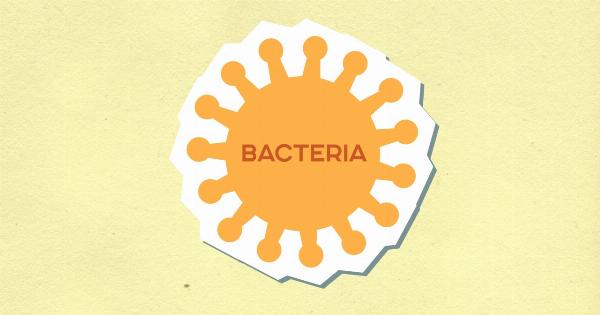Silicone bra inserts are a popular accessory for women looking to enhance their busts without undergoing surgery.
These inserts, also known as “chicken cutlets” or “breast enhancers,” are made from medical-grade silicone and are easily slipped into a bra to create a fuller, more voluminous look. While many women swear by silicone bra inserts, there has been some concern about their safety in recent years. Some women wonder whether the materials used to make these inserts could have negative health effects, especially with prolonged use.
In this article, we’ll explore the safety of silicone bra inserts and offer some tips for using them responsibly.
What Are Silicone Bra Inserts Made Of?
Silicone bra inserts are typically made from medical-grade silicone, a synthetic material that is commonly used in medical implants.
Medical-grade silicone is considered to be safe for use in the human body because it is biocompatible, meaning that it does not cause an adverse reaction when it comes into contact with living tissue. Silicone is also a durable material that can withstand high temperatures and pressures, making it an ideal choice for many types of medical implants, including pacemaker coatings, artificial joints, and breast implants.
What Are the Safety Concerns with Silicone Bra Inserts?
Despite the widespread use of silicone in medical implants, some people are concerned about the safety of silicone bra inserts.
The main concern is that the silicone material used in these inserts may leach into the skin, causing health problems over time. Some people worry that prolonged exposure to silicone could lead to cancer, immune system disorders, or other health issues.
However, there is no strong evidence to support these concerns. Studies have shown that medical-grade silicone is safe for use in the human body and does not cause significant health problems.
While silicone breast implants have been associated with some health issues, such as leaking and rupturing, there is no evidence to suggest that silicone bra inserts pose a significant risk to women’s health. In fact, most experts agree that these inserts are safe for use as long as they are used properly and not worn for extended periods of time.
How to Use Silicone Bra Inserts Safely
If you are considering using silicone bra inserts, there are some steps you can take to ensure that you use them safely and responsibly. Here are some tips:.
Choose High-Quality Inserts
When shopping for silicone bra inserts, look for high-quality inserts made from medical-grade silicone. Cheap, low-quality inserts may be made from inferior materials that could be harmful to your health.
It’s also important to choose inserts that are the correct size and shape for your body, as ill-fitting inserts can cause discomfort and even injury.
Clean Your Inserts Regularly
Just like your bras, silicone bra inserts should be cleaned regularly to prevent the buildup of bacteria and other harmful substances. You can clean your inserts by washing them with warm water and mild soap, then allowing them to air dry.
Avoid using harsh chemicals or abrasive cleaners, as these can damage the silicone material.
Don’t Wear Your Inserts for Extended Periods of Time
Silicone bra inserts are not designed to be worn for extended periods of time. Prolonged exposure to silicone could potentially have negative health effects, so it’s best to only wear your inserts for a few hours at a time.
If you are planning to wear them for a long period of time, consider taking breaks every few hours to allow your skin to breathe.
Take Care When Removing Your Inserts
When removing your silicone bra inserts, take care not to damage your skin or your inserts. Gently peel the inserts away from your skin, taking care not to pull or tug too hard.
If you experience any pain or discomfort when removing your inserts, stop immediately and seek medical advice.
Conclusion
When used properly, silicone bra inserts are a safe and effective way to enhance your bust. These inserts are made from medical-grade silicone, a material that is proven to be safe for use in the human body.
While there is some concern about the potential health effects of prolonged exposure to silicone, there is no strong evidence to support these concerns. By choosing high-quality inserts, cleaning them regularly, and using them responsibly, you can enjoy the benefits of silicone bra inserts without putting your health at risk.






























